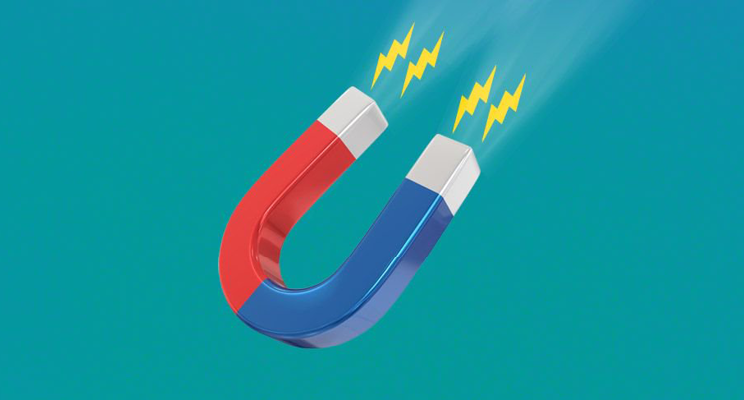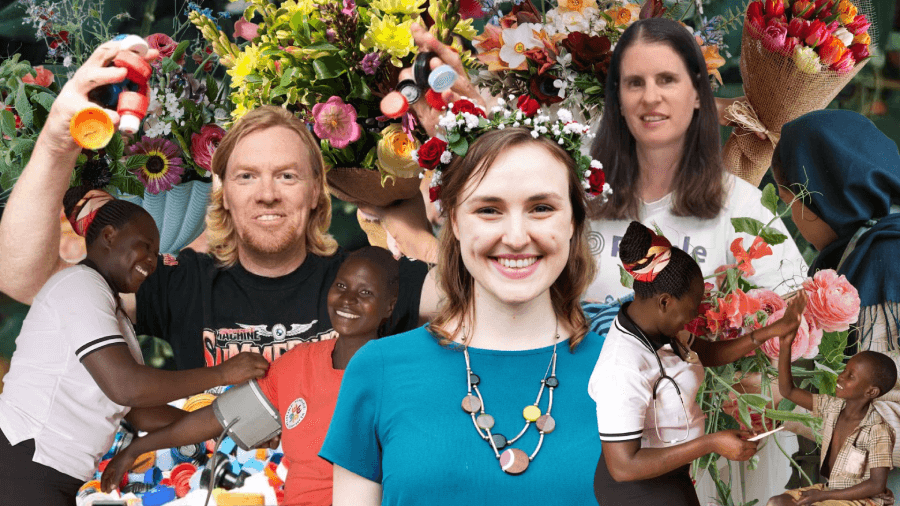Whether you are in the planning stages of launching a social enterprise, are brainstorming whether your idea is plausible or you simply want your business to have a stronger social impact, there are countless tools available online. Considering various options could become tiresome, due to this, many tend to get in touch with experts such as Cognillo to help them with their software solutions. However, there are some who could try to determine which are the most effective. To help you on your journey, we have found the best free tools for your social enterprise you didn’t know you needed.
Blab Impact Assessment Tool
Developed with a vision that in a generation’s time, all businesses will measure and manage their impact as readily as they do profitability, the B Impact Assessment provides standards, benchmarks, and tools for businesses. You can either spend 30 minutes of your time to get a quick snapshot of how to build a better business for your team, community, and the environment, or two to three hours for a full impact report. Over 40,000 businesses, including names such as Ben & Jerry’s, Etsy, and Kick Starter have already used this easy survey to improve the social impact of their work, and it has received glowing reviews online.
Big Society Capital: Social Impact Tests
Big Society Capital invests directly in social investment finance intermediaries (SIFIs). As wholesale investors, Big Society Capital must ensure that social value is delivered both by SIFIs and by charities and social enterprises receiving the investment. They created a social impact test that is used by their investment team to evaluate proposals for investment. The test is split into two broad sections: Social Impact and Risk, Process and Governance and can be applied flexibly to assess different types of investment proposals. This in-depth test is a great tool for taking a critical look at your social enterprise structure.
SVA Business Planning Guide for Social Enterprises
This 46-page, visually informative guide is primarily aimed at people and/or organisations who are interested in starting a social enterprise for the first time. Developed by Social Ventures Australia and Parramatta City Council, the guide is to be used in conjunction with standard business planning guidance. This step-by-step PDF prompts you to think about researching, planning for, starting and then growing a social enterprise. It is also designed to be a useful resource for more experienced practitioners, acting as a reference point and refresher.
Social Lean Canvas
Developed by Rowan Yeoman and Dave Moskovitz, the Social Lean Canvas is a tool that allows social enterprises to develop coherent business models quickly and simply. Utilising just one page, social enterprises can methodically test their models and arrive at a thoroughly validated, scalable and repeatable business model.
By brainstorming their purpose, a solution to problems, unique value proposition and financial sustainability, social enterprises can quickly conclude whether their social goals are viable and long-lasting. You can download this social enterprise tool for free from the Social Lean Canvas website, along with an example canvas of Tom’s Shoes.
UntLtd: A Comprehensive Guide to Developing Your Social Enterprise
Based in the UK, UnLtd invests directly in individual changemakers by offering funding, ongoing advice, networking and practical support. Their 229-page comprehensive toolkit takes you through the various life cycles of being a social enterprise, from the initial idea through to long term growth and replication. It provides practical guidance and working models so that future social enterprises can learn about the challenges and opportunities of social entrepreneurship in a structured way.
Civicus: Writing a Funding Proposal
If your social enterprise is new to fundraising, this toolkit is a great resource to utilise. Covering the planning and researching stage, tips on how to write the proposal and the follow-up required once it is written and sent off; this toolkit includes an example fundraising proposal. Developed by CIVICUS: World Alliance for Citizen Participation, the toolkit provides links to other CIVICUS toolkits that can help you on your social enterprise journey.
By tapping into these free tools, you can ensure your current or future social enterprise is achieving optimal results without having to spend a cent. We would love to hear your thoughts on the above tools, so please comment below.



